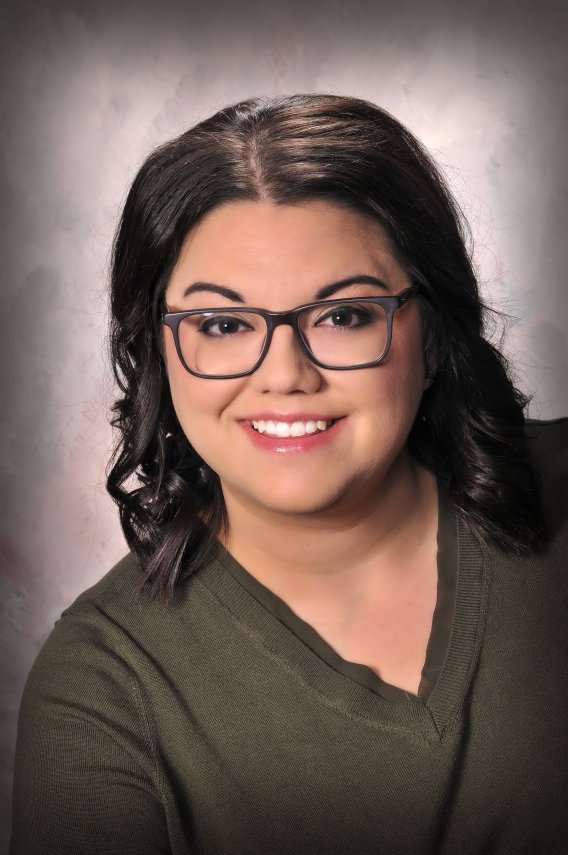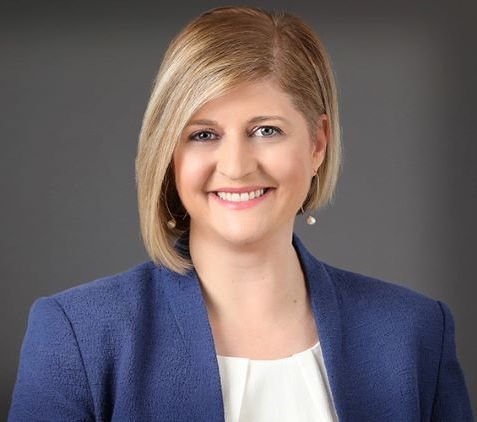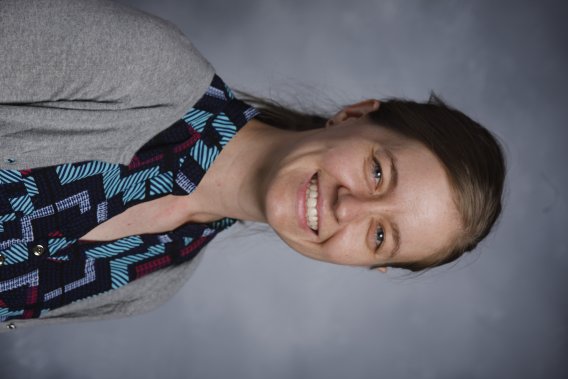M.S. in Management of Technology Program Names the 2021 Best Capstone Winners
Year upon year, the capstone projects in the M.S. in Management of Technology (MOT) program go from strong to stronger. As the Director of Graduate Studies for the MOT program, I am, of course, pleased with and proud of our students’ accomplishments. However, the job of identifying the finalists and winners for our Best Capstone Award gets harder and harder!
This year we again recognized seven capstones as “finalists” for the award. These are:
- Mike Benz (Partner/CIO, Fortium Partners), “Building Affordable Energy-Efficient Homes from Closed Panels Using Design for Manufacturing and Assembly Principles: Business Plan for a Startup Company”
- Rachel Clark (3M), “Focused New Product Introduction Process for Hardgoods and Integrated Systems”
- Alex Frick (Toro), “A Road to Enterprise-wide Strategy”
- Tom Hutcheson (Fasilia), “Fasilia: The Technical and Commercial Feasibility of AI Assisted Meeting Facilitation”
- Gretchen LaBelle (Microsoft), “Skilling for Maximum Impact—A Framework and Its Application for Microsoft’s Africa Market”
- Andy Peterson (Toro), “Integrating Digital Collaborative Technologies Within The Toro Company Global Operations”
- Kendra Strode (Rollins College), “Knowledge Management Strategy for Carleton College Information Technology in the Context of Higher Education”
And, this year, for the first time, we have four winners! A big congratulations to Rachel Clark, Alex Frick, Gretchen LaBelle, and Kendra Strode! Here is some more information on each of their outstanding projects!

Rachel Clark (3M) started the MOT program as a project leader and ended it as a plant leader. Her capstone addressed an opportunity within 3M’s new product introduction (NPI) framework—it fits the needs of consumable products but is less compatible with non-consumable products (hardgoods and integrated systems). Through stakeholder interviews, extensive use of MOT tools, and analysis of industry best practices, Rachel developed an enhanced NPI process that addresses identified opportunities in the legacy framework to make the process inclusive of all products. The new process is being deployed in a major division of the company and deployment across the entire corporation is being discussed.

Alex Frick is a Senior Engineering Manager at Toro—a significant promotion from when he started the program. His capstone was motivated by the realization that Toro does not have a strategic technology roadmapping process, resulting in a disconnect between product plans and technology developments. Alex used several MOT tools with a deep-dive into technology and product roadmaps, exploring and analyzing numerous options. The outcome of his project is a customized roadmapping process for Toro along with multiple roadmap templates. The new process and template are now being implemented in the company for setting corporate technology and product strategy.

Gretchen LaBelle works for Microsoft, a company that is concerned about an impending skilled workforce shortage. Her capstone focused on how skilling people in Africa could help address this issue. She identified Microsoft’s low-code Power Platform as a promising opportunity. She also developed a Skilling for Maximum Impact (SMI) framework, which she used to conduct a three-week online learning game, the Power Apps Africa Challenge. The Challenge attracted over 100 participants from across the continent. Building on this success, Gretchen developed investment recommendations for Microsoft that are now being pursued. Gretchen was promoted twice during the program.

Kendra Strode also demonstrates the career acceleration common to MOT students. She was a staff member in IT support at Carleton College until shortly before graduating, when she was selected as the new Director of IT Support and Outreach at Rollins College in Florida. For her capstone project, Kendra developed a knowledge management strategy for Carleton—but with an eye to applicability across all small, baccalaureate institutions. The strategy incorporates metrics, knowledge repositories, organizational structures, and more. In addition, Kendra adapted several MOT tools, originally developed for corporate use, for easier application in the higher education sector.
Tariq Samad
Director of Graduate Studies, M.S. in the Management of Technology